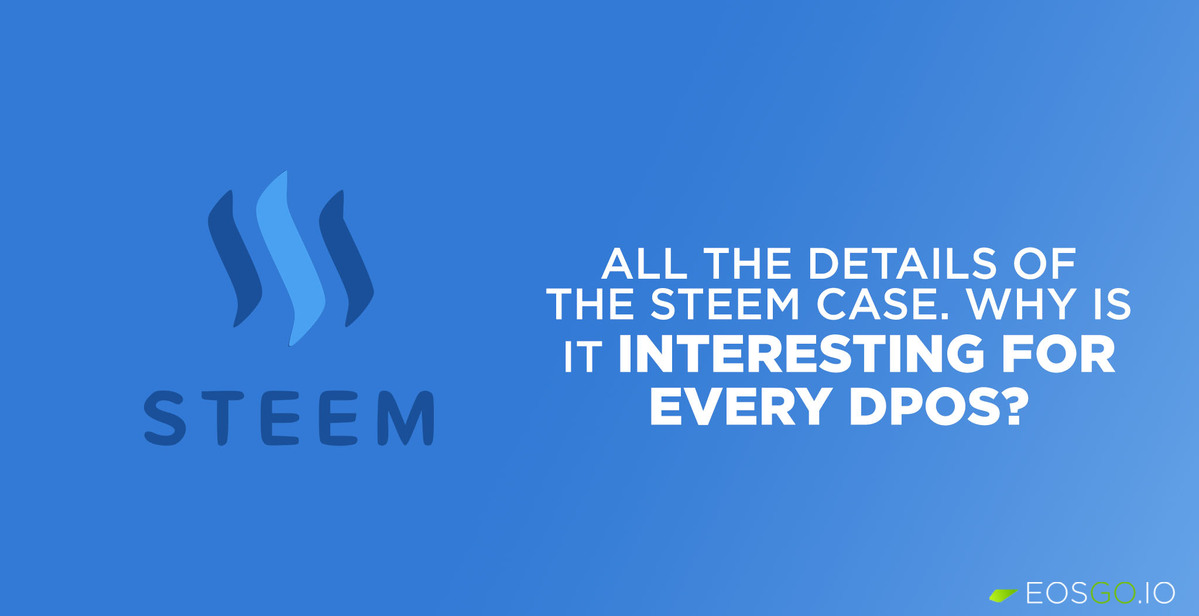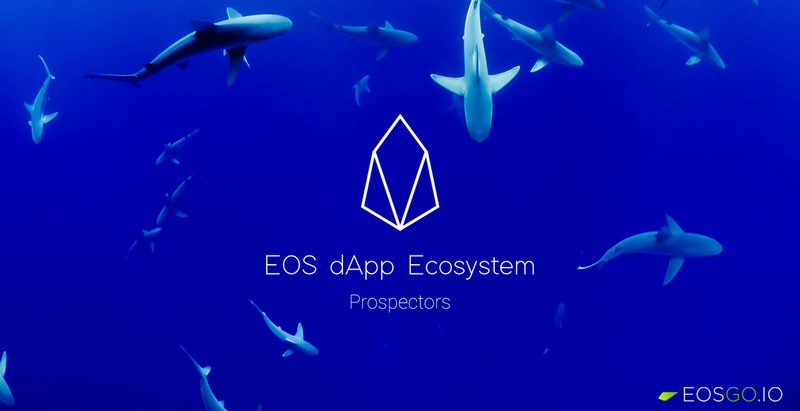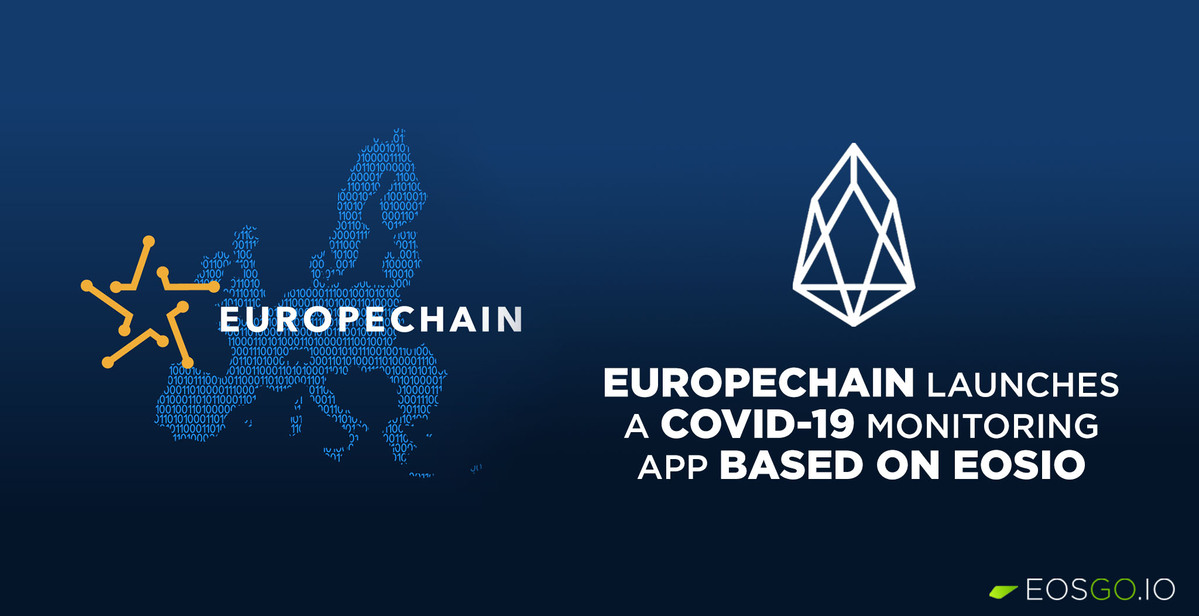All the details of the STEEM case. Why is it interesting for every DPoS?

Aaron Cox, former Steem consensus witnesses and Co-Founder of the EOS BP Greymass, explained on a Twitter thread all the details of the Steem case, and why this is interesting from a DPoS Governance perspective.
We leave the thread below.
At any point do the needs of the blockchain out weigh the needs of the token holders? Should - in any DPOS based system - the majority of voting token holders be allowed to shut down the system?
First off, background info: the tokens in question, owned by Steemit Inc (now owned by @justinsuntron). This stake is effectively Steem's "developer fund", and has been used for about 4 years now to develop the Steem blockchain and ecosystem.
These tokens were mined by Steemit Inc during the first few days before anyone even knew what Steem was or what it'd be used for. It was announced on bitcointalk without any details, under a pseudonym, to keep the details of exactly what it was and who launched it quiet.
After revealing who was behind Steem, what it was, and why the chain was launched this way - Steemit Inc was revealed and they justified mining such a large portion of the supply to serve as a quasi-legal way of obtaining funding (as opposed to an ICO). It was quite clever.
Steem and the associated ecosystem was built for nearly 4 years utilizing this source of funding. That is until a few weeks ago, when the Steemit Inc company was sold, along with its assets (the Steem tokens everyone is talking about being "frozen").
When Steemit Inc was sold to @justinsuntron, he was put in control of all tokens in what was the "development fund". Almost immediately after the acquisition it was announced that there would be a Steem token swap and everything Steem related would move into the Tron ecosystem.
This messaging implied that the tokens previously dedicated for the development of Steem would now be used to eliminate the Steem blockchain itself. A migration would be forced to bolster another blockchains usage and the developer funds would go towards this new system.
Which leads to the interesting question of governance: should a token holder controlling enough stake in a DPOS system be allowed to eliminate the system? For witnesses, who are responsible for the security of the blockchain, this created a situation never seen before (AFAIK).
From the crypto purist perspective, it's crucial for token holders to remain in control of their own assets and associated rights. But - does the individual rights of each token holder supersede the need to maintain the security of the blockchain itself?
At any point does the needs of the blockchain out weigh the needs of the token holders? Should, in any DPOS based system, the majority of voting token holders be allowed to shut down the system? It's an interesting question and one I am keeping in mind as this situation unfolds.
Sources:
Suggested News
EOS dApp Ecosystem: Prospectors
EOS Go is proud to release the new article of the EOS dApp Ecosystem series. In this article we will introduce one of t...
Europechain launches a COVID-19 monitoring app based on EOSIO
Europechain announced the integration of a monitoring service for COVID-19 into their FACT application. Europechain is ...

